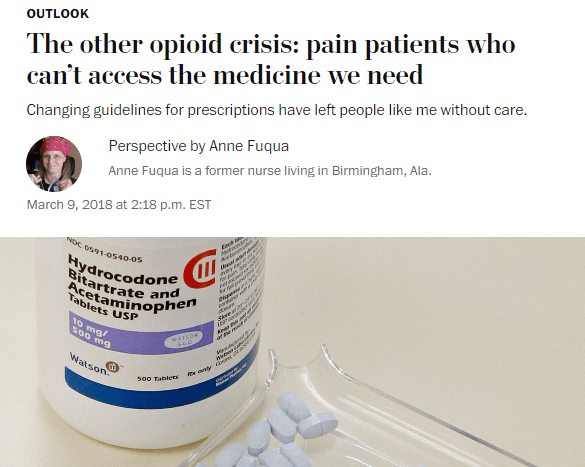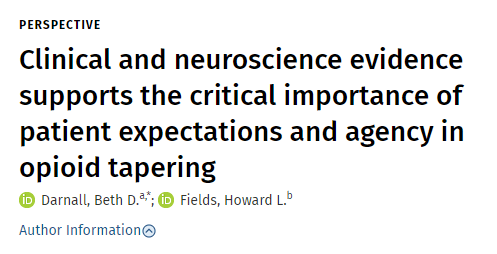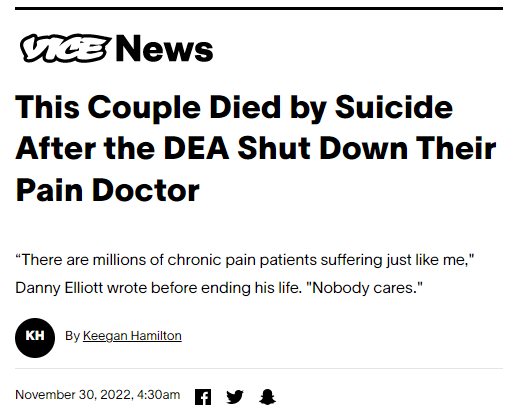Since 2016, our research investigators and advisors have written, spoken and engaged with policymakers to support individualized care of patients with pain. They have cautioned, vigorously, against across-the-board dose reductions and stoppages that became increasingly common after 2016. The United States Centers for Disease Control and Prevention has publicly cautioned against these practices, first in 2019 and again in its 2022 Clinical Practice Guideline for Prescribing Opioids for Pain. The CDC’s statements were guided in part by peer-reviewed articles, and by letters and articles led by members of the CSI:OPIOIDs research team.
This page offers select examples of articles, talks, and media events reflecting our commitment to safety and respect for patients with long-term pain or disability, who may be receiving opioids or may be coming off of them
Speaking in 2019 at TEDx Birmingham, Dr. Kertesz described the US opioid crisis, and how suicides began to emerge in the wake of some involuntary dose reduction and stoppages.
Writing together in 2017 for StatNews, study investigators Adam Gordon and Stefan Kertesz argued that strict limits on opioid pain medication risked “inhumane treatment” of patients with pain. In the years that followed, patient suicides were announced in the comments at the bottom of this article.
Writing for the Washington Post in 2018, study collaborator Anne Fuqua described her pain and the crisis of losing her prescriber: “What followed was the hardest time of my entire life. I had to taper my medication while searching for a new doctor.” (article is paywalled)

Writing together for StatNews in 2019, Kate Nicholson and Stefan Kertesz commented on the CDC’s advisory against “misapplication” of the 2016 Guideline, and called for individualized care. In March, both had visited the CDC in Atlanta to describe what they were hearing from patients.
Stefan Kertesz spoke to Scripps News about the potential for the 2022 revised CDC Guideline on opioid prescribing to improve care
Beth Darnall, PhD (Stanford) and collaborator Howard Fields, MD wrote in the journal Pain that neuroscience suggests a key role for patient expectations in opioid tapering. They recommend a “patient-centered and neuroscience-informed approach“.

Stefan Kertesz, MD spoke with ViceNews about the death of a patient on long-term, high-dose opioids after the patient’s doctor was forced out of practice. He said, “Even if you believe the doctors did something wrong, I can’t find somebody who believes all those patients should die.”

